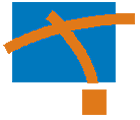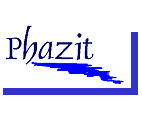Completed Projects
Integrated Care
From 2006 to 2011, MNC managed the scientific monitoring of the integrated health care by a German statutory health insurance, the Allgemeine Ortskrankenkasse (AOK) Rheinland/ Hamburg, in the Rhineland. Integrated health care in the Rhineland consisted of 22 locally restricted networks with differing indications. The concept of integrated health care stands for a health care concept connecting every medical sector to each other. For example, general practitioners or specialists collaborate with in-patient facilities, cooperate in their patient’s treatment and possibly even share a common budget..
The following priorities were set for the quality objectives in the "IV":
- Structural quality: conditions under which practicing takes place (general conditions, poltical and economic factors, technical equipment in a surgery, abilities of personnel, accuracy of data documentation, physician's level of training)
- process quality: statements about medical activities taking into consideration interpersonal and interactional aspects (modalities in cross-sector cooperation of suppliers)
- result quality:
anticipated changes in a patient's or population group's state of health as a result of defineable therapeutic or diagnostic measures/ interventions within health care sequences
All collected quality data (questionnaires to be filled in by patients), costs, and performance characteristics (billing data following SGB V) of patients registered in respective networks are taken into account for the evaluation report.
The eAWB-Software
For your study, MNC offers a customized software solution to increase usability for data collection in the facility and to even improve the quality of results. For example, in the course of the development of the software, we can place hints in the software to avoid bad data quality before it appears. Of course, there will also be checks for value plausibility and dependencies. During testing, we can respond directly to your needs and create your own personal solution with you.



